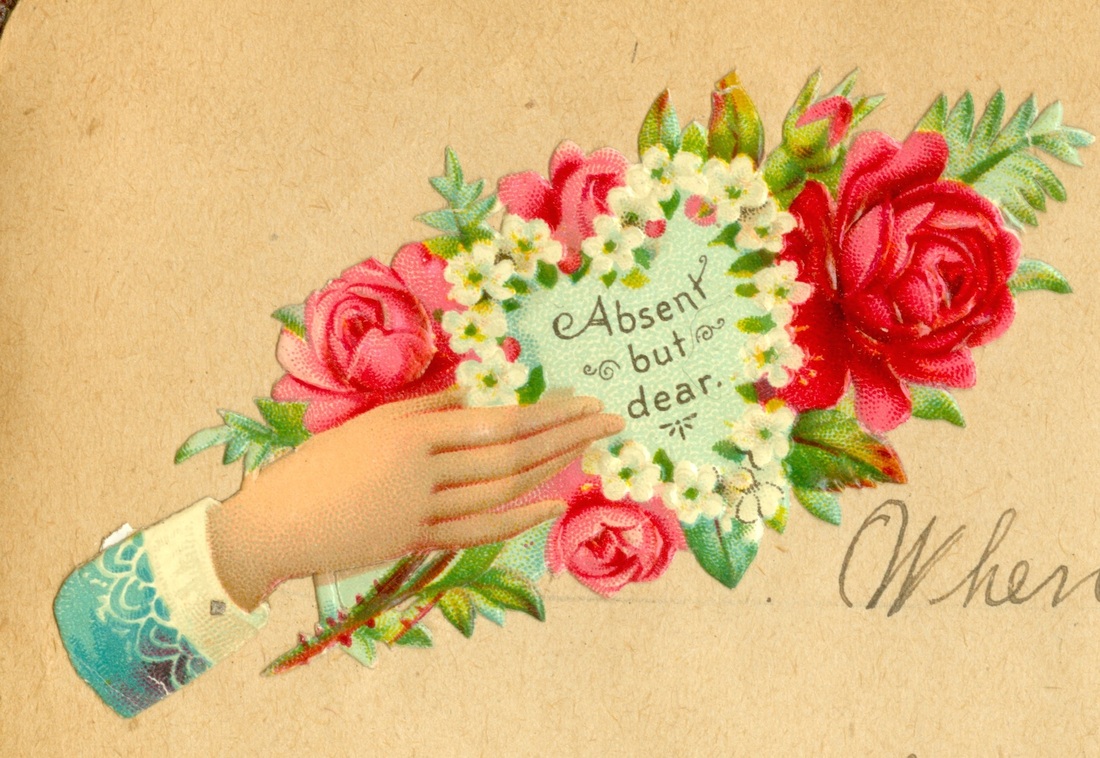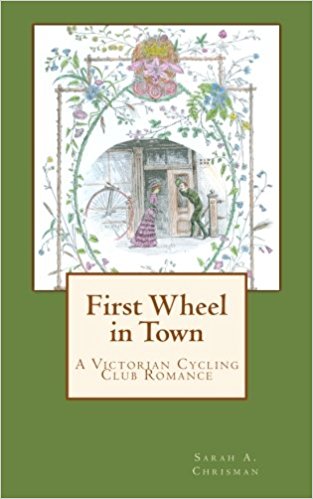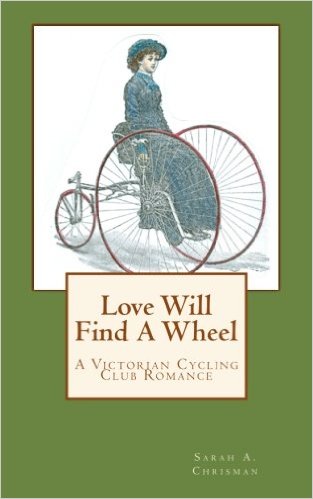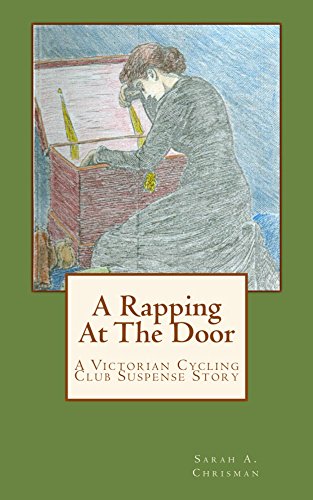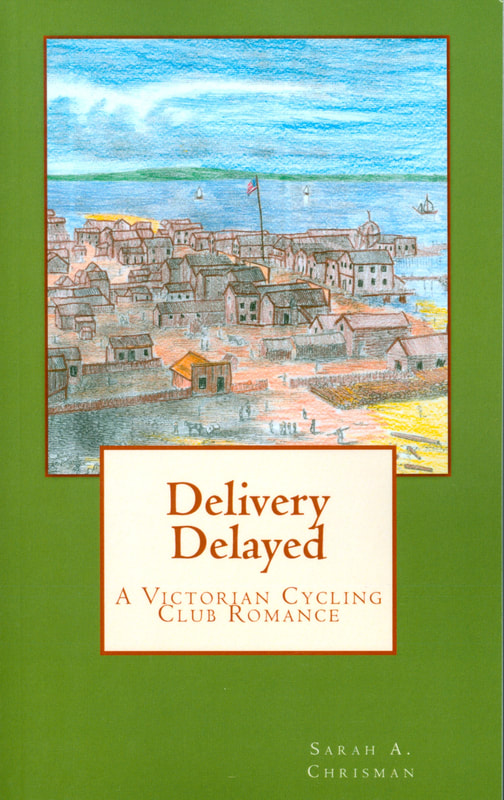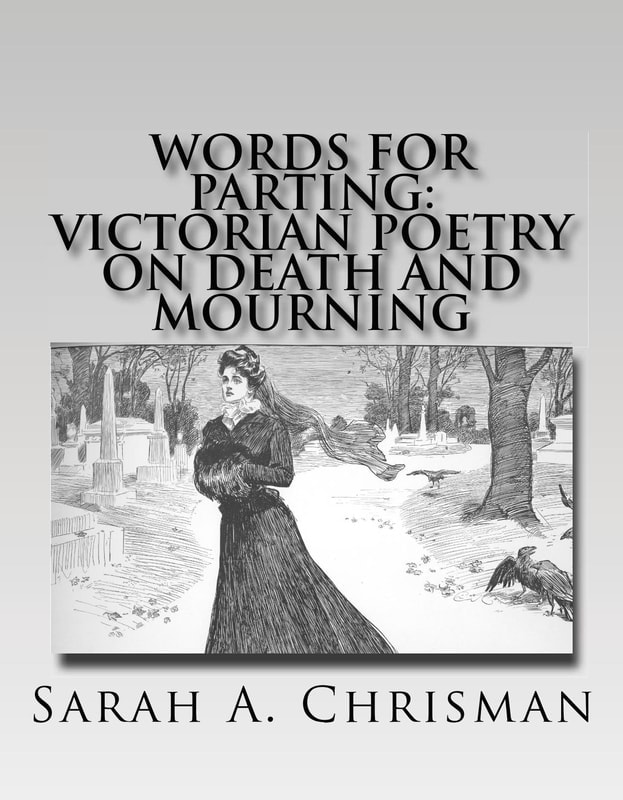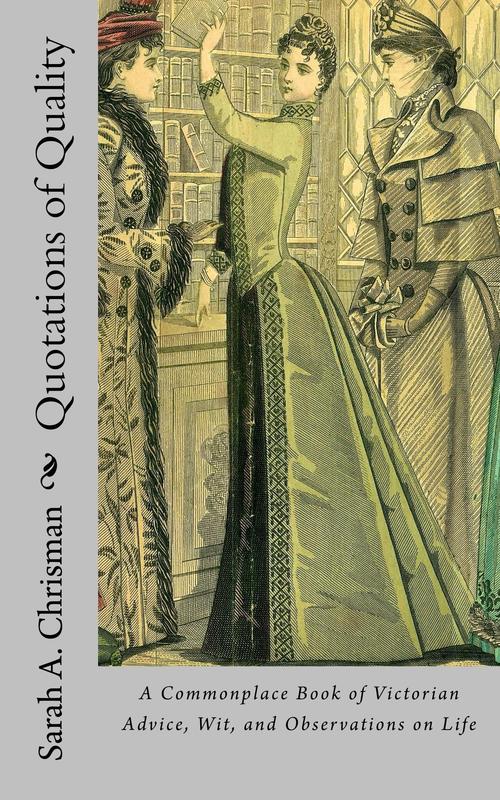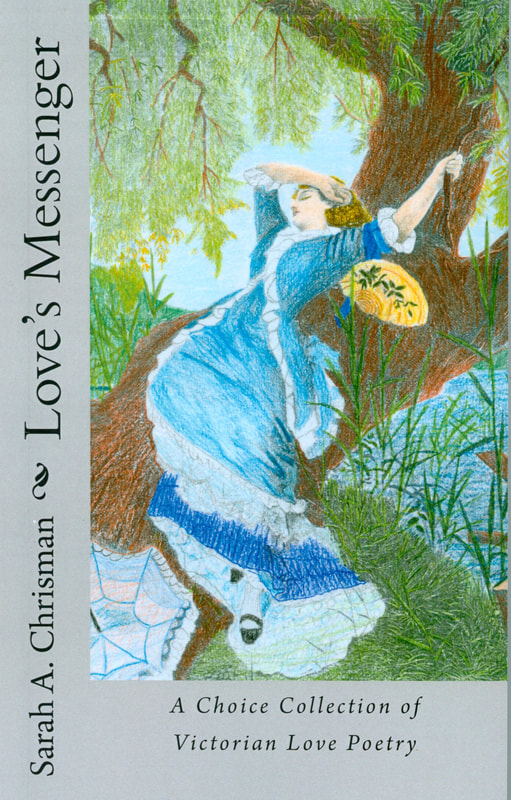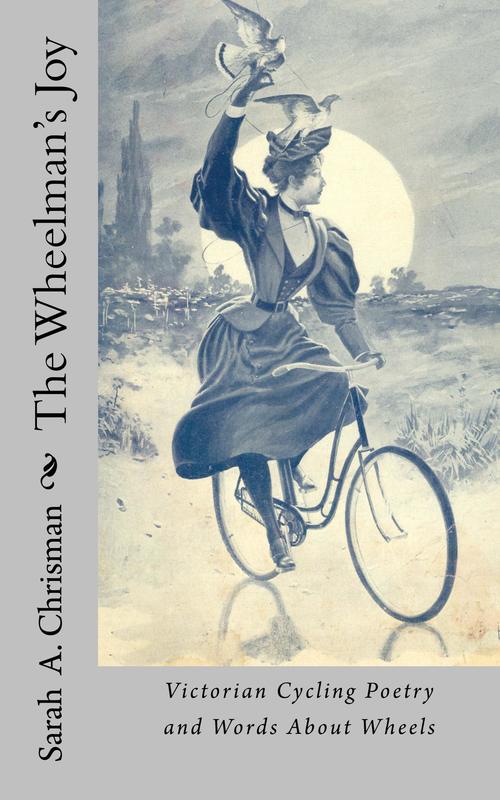The Soldier's Daughter
By Sarah E. Howard.
Good Housekeeping, May 25, 1889. p. 30.
A littler girl her mother sought,
A troubled look upon her face,--
"At school they tease me; had they ought
To tell me that my father fought
For nothing, or for less than naught?
To be a soldier brave, I thought
Was honor, not disgrace.
"Because he did not wear the blue,
He was all wrong the children say;
Was he a good man, mother? You
Have said he fought and suffered too;
Was it not hard for him to do?
Was he not noble, brave and true,
If he did wear the gray?
"To-morrow when the people meet
To decorate the soldiers' graves,
And walk with martial tread, and beat,
Of muffled drums, they will not greet
My father's grave with flowers sweet,
But pass it by with careless feet,
Nor name him with the brave."
The morrow's sun shone bright on high;
Among the crowd a sad-faced child,
The pageant watched with glist'ning eye;
Unreconciled, she wondered why
They should her father's grave pass by.
Her tears no longer could she dry.
In gentle voice and mild,
A stranger clad in soldier's blue,
Inquired, "My child, why do you cry?"
"My father was a soldier too,
And honor to his grave is due,
My mother says that he was true
To what he thought was right, and you--
You people pass it by
Because he wore the Southern gray."
Again her tears fell fast and free.
The soldier paused, kind words to say,
Then with his comrades marched away.
She found her father's grave that day
Bedecked with many a flowery spray.
And cheered at heart was she.
***
By Sarah E. Howard.
Good Housekeeping, May 25, 1889. p. 30.
A littler girl her mother sought,
A troubled look upon her face,--
"At school they tease me; had they ought
To tell me that my father fought
For nothing, or for less than naught?
To be a soldier brave, I thought
Was honor, not disgrace.
"Because he did not wear the blue,
He was all wrong the children say;
Was he a good man, mother? You
Have said he fought and suffered too;
Was it not hard for him to do?
Was he not noble, brave and true,
If he did wear the gray?
"To-morrow when the people meet
To decorate the soldiers' graves,
And walk with martial tread, and beat,
Of muffled drums, they will not greet
My father's grave with flowers sweet,
But pass it by with careless feet,
Nor name him with the brave."
The morrow's sun shone bright on high;
Among the crowd a sad-faced child,
The pageant watched with glist'ning eye;
Unreconciled, she wondered why
They should her father's grave pass by.
Her tears no longer could she dry.
In gentle voice and mild,
A stranger clad in soldier's blue,
Inquired, "My child, why do you cry?"
"My father was a soldier too,
And honor to his grave is due,
My mother says that he was true
To what he thought was right, and you--
You people pass it by
Because he wore the Southern gray."
Again her tears fell fast and free.
The soldier paused, kind words to say,
Then with his comrades marched away.
She found her father's grave that day
Bedecked with many a flowery spray.
And cheered at heart was she.
***
Other historical poems:
A Floral Flirtation (Poem—1889)
A Header (?) (Poem—1883)
A Modern Love Sung in Ancient Fashion (Poem—1884)
The Autumn Woods (Poem—1888)
An Early Morning Ride (Poem—1883)
Great Grandma's Hallowe'en (Poem —1887)
In Nutting Time (Poem—1890)
Marguerite (Poem—1886)
May Day (Poem—1889)
Memorial Day (Poem—1890)
My Wheel (Poem—1883)
'Neath the Magnolias (Poem—1883)
October (Poem—1888)
On Wings of Love (Poem—1884)
The Soldier's Daughter (Poem—1889)
Song for October (Poem—1888)
Together (Poem—1888)
Wheelman's Song (Poem—1883)
Back to Historical Articles Index
A Floral Flirtation (Poem—1889)
A Header (?) (Poem—1883)
A Modern Love Sung in Ancient Fashion (Poem—1884)
The Autumn Woods (Poem—1888)
An Early Morning Ride (Poem—1883)
Great Grandma's Hallowe'en (Poem —1887)
In Nutting Time (Poem—1890)
Marguerite (Poem—1886)
May Day (Poem—1889)
Memorial Day (Poem—1890)
My Wheel (Poem—1883)
'Neath the Magnolias (Poem—1883)
October (Poem—1888)
On Wings of Love (Poem—1884)
The Soldier's Daughter (Poem—1889)
Song for October (Poem—1888)
Together (Poem—1888)
Wheelman's Song (Poem—1883)
Back to Historical Articles Index
***
In a seaport town in the late 19th-century Pacific Northwest, a group of friends find themselves drawn together —by chance, by love, and by the marvelous changes their world is undergoing. In the process, they learn that the family we choose can be just as important as the ones we're born into. Join their adventures in
The Tales of Chetzemoka
***
Wordcraft Collections
Search this website:
***
